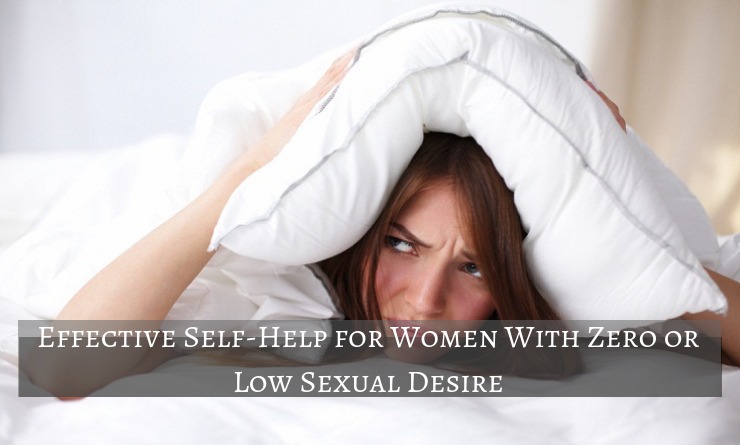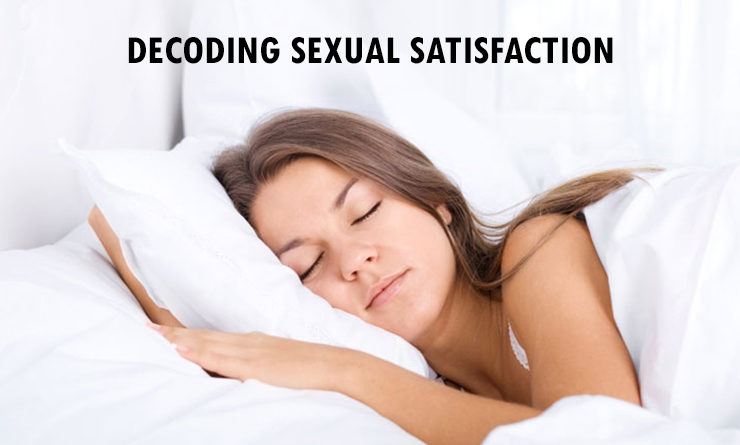
Loss of sexual desire is the most common form of sexual dysfunction among women of all ages. Recent studies show that at least one-third of females aged 18-59 suffer from little to no sexual desire at some point of their lives and researchers have estimated an even higher percentage once the woman has reached the age of 60 and older.
A significant decrease in interest in physical intimacy often has a great impact on a woman’s life and can cause great distress in a relationship. While sex therapists have had success treating men with premature ejaculation problems solution, men’s main sexual complaint along with their worries not to be able to last longer in bed, it has long been difficult to help women with low libido. This is why great research has been put into the causes of sexual dysfunction among both genders lately, but despite being able to develop Viagra to treat erectile dysfunction the industry is still struggling to realize a pill that helps women to find their sexual desire again.
It goes to show that sexual desire in women is a problem caused by the combination of both mental and physical factors, hence the issue is more complicated and cannot be treated with a simple pill. Naturally, there is a gender difference when it comes to sex drive and a lot of women find themselves in a relationship where the male partner has a stronger libido than themselves which might make it harder for them to experience their own desire. On the other hand, research shows that the frequency of sexual intercourse does not always have something to do with sexual desire and satisfaction. Women’s low desire issues tend to be closely linked with declining hormones, relationship issues and job stress as well as their daily responsibilities within their families accordingly there seems to be less time for sexual desire.

But there are effective therapies available to put the lust back into a woman’s life and programmes, which teach meditative techniques to help her take emotional time-outs from the daily responsibilities and focus on her own desire. One of the programmes was attended by 45 married heterosexual women and introduced a six-step program that also came out as a book. One of the main techniques the programme focuses on is to promote deep relaxation and positive feelings about self-sexuality in order to let go of negative thoughts such as having a poor body image, overall low self-esteem or previous negative sexual experiences. As low desire often causes a conflict within a relationship, the programme also suggests engaging the partner in a conversation in order to have a constructive discussion on why the female might have lost interest in sex. If a couple has to deal with relationship issues, the women often lose interest in sexual intimacy, which leads to a low sex drive.
Yet communicating with the partner about sexual preferences and needs might help to rekindle the connection and lead to a more laid-back approach on both sides. The programme also addresses the struggle in finding the right time and mood to have sex spontaneously, instead daily life gets in-between and couples often schedule sex in advance rather than letting it happen spontaneously. Scheduling might, in fact, help women with low desire as they can anticipate desire and look forward to it. Furthermore, one of the six steps teaches the male partner to understand that taking the time to seduce the female partner and engaging in a whole-body massage is a fundamental element of lovemaking and not to rush things by focussing entirely on genital touch instead of the sensual caress.
The women attended the programme reported a significant increase in desire and sexual satisfaction.
Read More:





